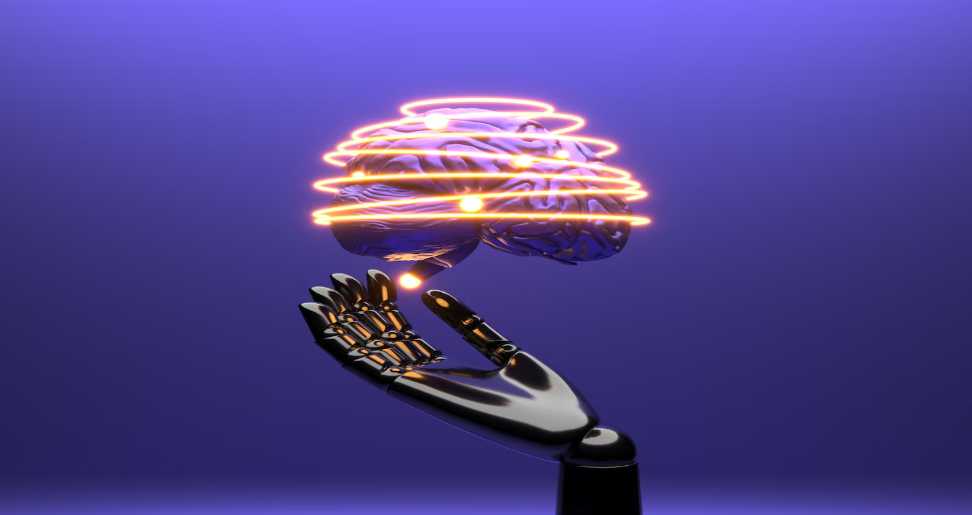Generative AI, a rapidly evolving branch of artificial intelligence, has been making waves across various industries, offering innovative solutions and unlocking unprecedented possibilities. From creating art and music to designing complex algorithms and even assisting in scientific discoveries, generative AI is revolutionizing the way we approach creativity and problem-solving.
Understanding Generative AI
Generative AI refers to algorithms that can generate new content based on the data they have been trained on. Unlike traditional AI, which primarily focuses on recognizing patterns and making decisions based on existing data, generative AI can create new and unique outputs. This technology leverages deep learning models, such as Generative Adversarial Networks (GANs) and Variational Autoencoders (VAEs), to produce content that is often indistinguishable from human-made creations.
Applications Across Various Industries
1. Art and Entertainment
One of the most visible applications of generative AI is in the creation of art and entertainment. AI-generated music, paintings, and even films are becoming more common. For instance, AI can compose music that mimics the style of famous composers, generate visual art that resembles the work of renowned artists, and even script and edit short films. This democratizes creativity, allowing individuals without formal training to create professional-quality content.
2. Fashion and Design
In the fashion industry, generative AI is being used to design new clothing lines and accessories. AI algorithms can analyze current trends, historical data, and consumer preferences to create innovative and stylish designs. This not only speeds up the design process but also ensures that the end products are highly relevant to market demands.
3. Healthcare
Generative AI has significant potential in healthcare, particularly in drug discovery and personalized medicine. By analyzing vast amounts of medical data, AI can generate new hypotheses for potential treatments and even design new drugs. Additionally, generative AI can create personalized treatment plans tailored to an individual’s genetic makeup and health history, improving the efficacy of medical interventions.
4. Marketing and Advertising
In marketing, generative AI is being used to create personalized advertisements and marketing content. By analyzing consumer data, AI can generate tailored marketing messages that resonate with individual preferences and behaviors. This enhances customer engagement and improves the effectiveness of marketing campaigns.
5. Gaming and Virtual Worlds
The gaming industry is also benefiting from generative AI, which is used to create realistic and immersive game environments. AI can generate detailed landscapes, characters, and storylines, providing a richer gaming experience. Moreover, AI can adapt in real-time to players’ actions, creating dynamic and engaging gameplay.
Ethical Considerations and Challenges
While the potential of generative AI is immense, it also raises several ethical considerations and challenges. One of the primary concerns is the potential for misuse, such as the creation of deepfakes—highly realistic but fake images and videos that can be used for malicious purposes. Additionally, there are concerns about intellectual property rights, as AI-generated content can sometimes blur the lines of ownership and originality.
Moreover, the reliance on large datasets for training generative AI models raises privacy concerns. Ensuring that the data used is ethically sourced and that individuals’ privacy is protected is paramount. There is also the challenge of bias in AI-generated content, as the AI can perpetuate and even amplify existing biases present in the training data.
The Future of Generative AI
The future of innovative AI is incredibly promising. As the technology advancement, we can expect even more sophisticated and diverse applications across different sectors. Collaboration between AI and human creativity will likely lead to breakthroughs that we can only begin to imagine. To fully harness the potential of generative AI, it is crucial to address the ethical and practical challenges it presents, ensuring that its development and deployment are guided by principles of fairness, transparency, and responsibility.
In conclusion, genAI is a transformative force that is reshaping industries and pushing the boundaries of what is possible. By continuing to innovate and address the associated challenges, we can unlock the full potential of generative AI, paving the way for a future where technology and human ingenuity work hand in hand to create a better world.
Have A Look :-


